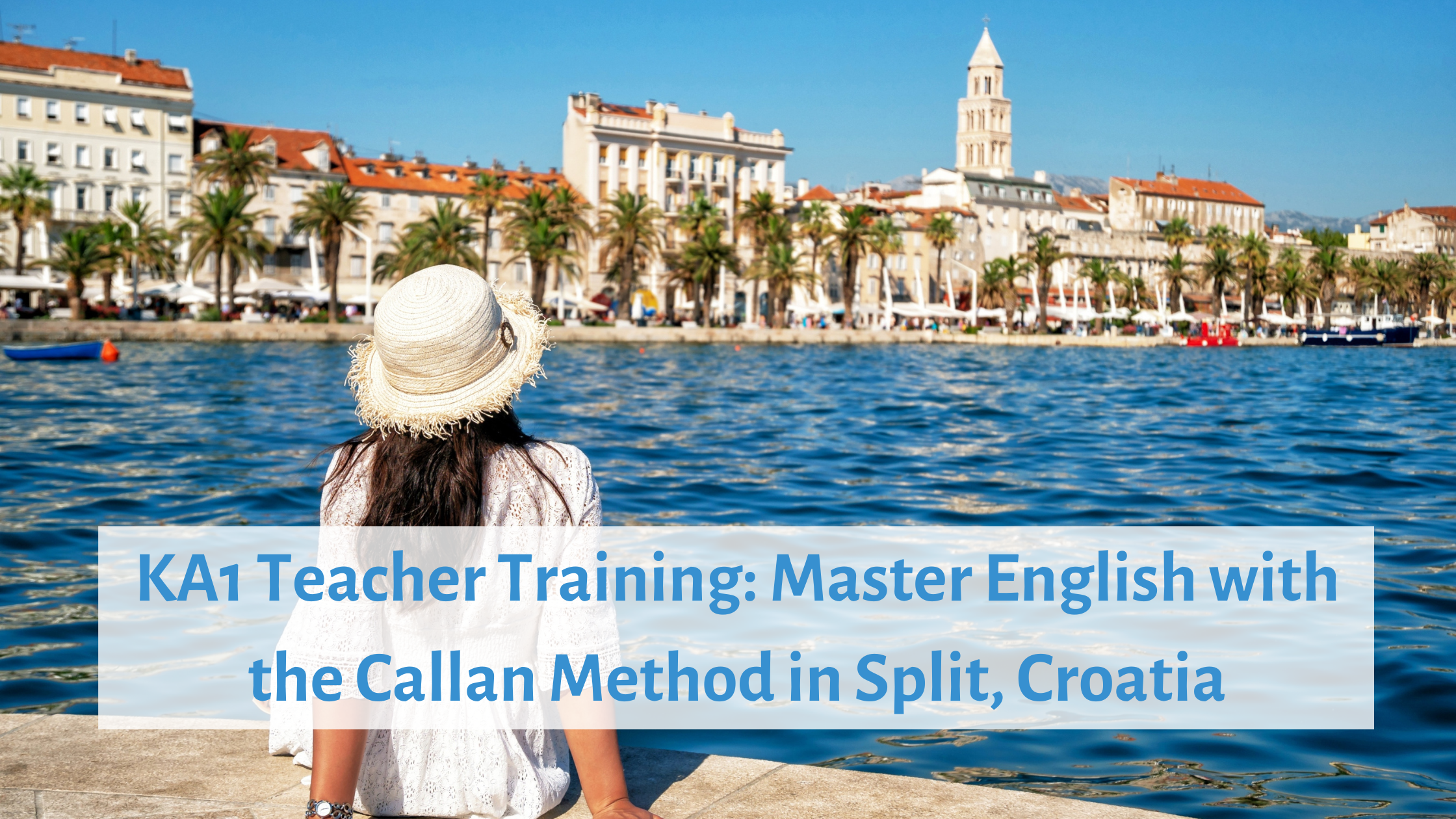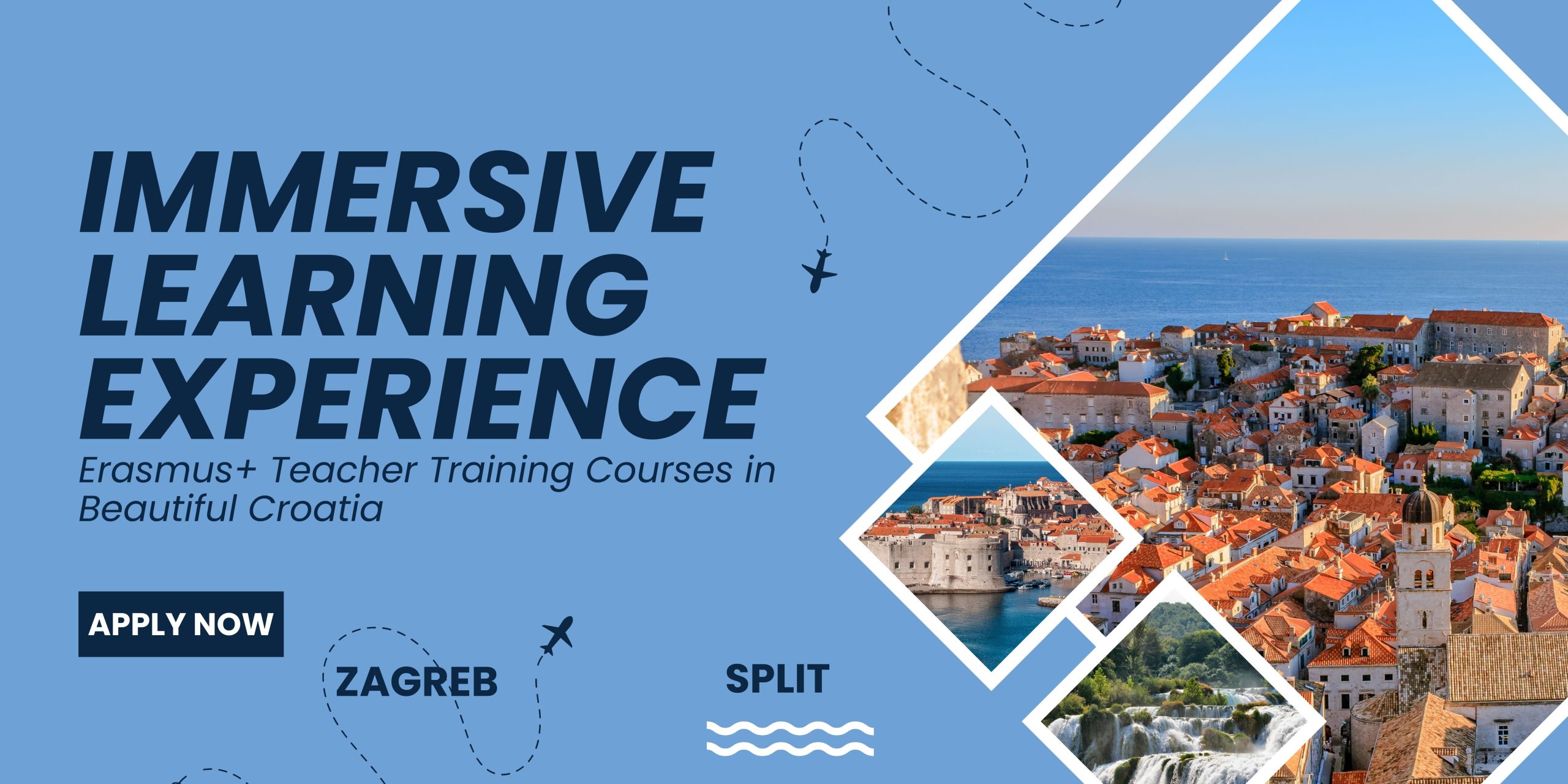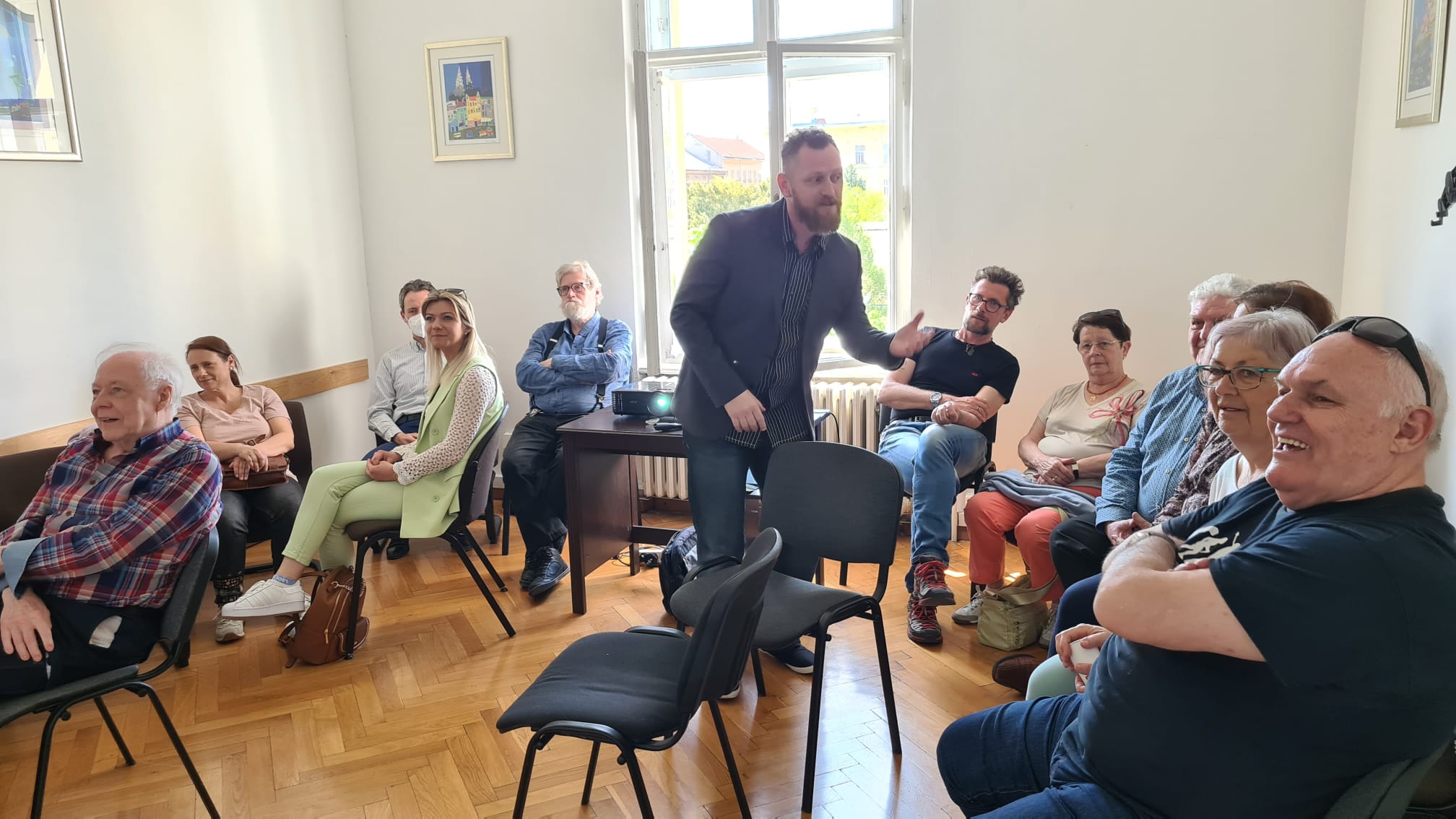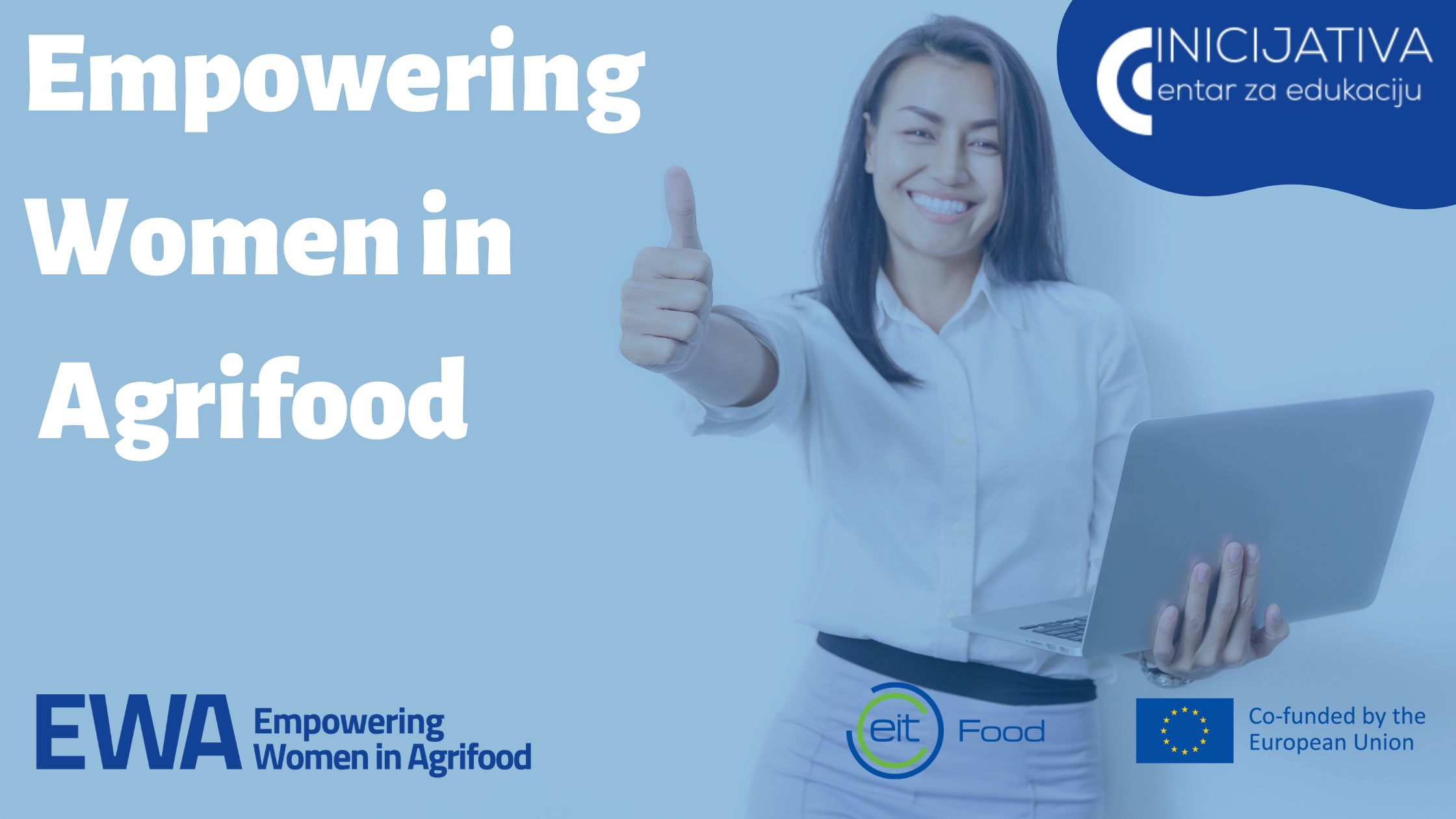Why Erasmus + AI Education Courses in Croatia Are Ideal for Teachers
Croatia has become a sought-after destination for educators seeking professional development, especially through Erasmus+ funded AI education courses. These programs offer a perfect balance of technical training and practical application, allowing teachers to develop valuable skills while exploring Croatia’s cultural richness.
Whether you’re a novice or a tech-savvy educator, these courses are designed to provide practical strategies for effectively integrating AI tools into your teaching methods.
The Growing Importance of AI in Education
In today’s fast-paced educational landscape, technology plays a vital role in shaping modern teaching methods. AI tools are becoming indispensable for teachers, helping them improve classroom engagement, personalize learning, and streamline administrative tasks.
By integrating AI into their teaching strategies, educators can create customized learning experiences that cater to individual student needs. From automated assessments to AI-powered language tools, these innovations are revolutionizing how teachers connect with students.
Key Learning Objectives
The AI education courses in Croatia are structured to provide comprehensive knowledge and practical experience. Participants will:
✅ Develop a strong understanding of AI fundamentals in education
✅ Learn to use AI-powered language learning tools
✅ Master automated grading systems to improve assessment efficiency
✅ Understand how to provide personalized feedback using AI
✅ Explore ethical considerations when implementing AI in classrooms
✅ Gain hands-on experience in developing AI-integrated lesson plans
These skills empower teachers to create more engaging, interactive, and efficient learning environments.
Course Structure and Curriculum: Erasmus + AI Education Courses in Croatia
The course design combines theory with hands-on practice to ensure participants gain both knowledge and confidence in using AI tools effectively.
Day 1: Introduction to AI in Education
- Understanding AI concepts and their role in teaching
- Exploring AI platforms for adaptive learning
Day 2: AI Tools for Language Learning
- Utilizing chatbots, translation apps, and voice assistants
- Practical exercises for language learning support
Day 3: AI in Assessments and Feedback
- Learning to automate grading processes
- Exploring data-driven insights to tailor teaching approaches
Day 4: Ethical AI Use in Education
- Understanding privacy concerns and responsible AI integration
- Learning strategies to use AI tools safely and effectively
Day 5: Practical Application in Classrooms
- Designing and developing lesson plans with integrated AI tools
- Collaborative activities to apply learned skills
Who Can Benefit from These Courses?
These courses are designed for educators at all levels, including:
✅ Primary and secondary school teachers
✅ Language instructors seeking innovative teaching strategies
✅ School administrators aiming to improve digital transformation in education
✅ Curriculum developers integrating digital solutions
The flexible course structure ensures participants with various skill levels can learn at their own pace.
Why Choose Erasmus + AI Education Courses in Croatia?
Croatia offers more than just professional development — it provides an enriching cultural experience. The course is held in two beautiful cities:
Zagreb
- Known for its vibrant cultural scene and historical landmarks
- Offers a rich blend of tradition and modernity
Split
- A coastal gem with stunning views of the Adriatic Sea
- Perfect for relaxing after productive training sessions
By choosing AI education courses in Croatia, teachers gain valuable digital skills while enjoying memorable cultural experiences.
Funding for - Erasmus + AI Education Courses in Croatia?
These AI education courses in Croatia are eligible for Erasmus+ funding, making it easier for educators across Europe to participate.
What Does Erasmus+ Funding Cover?
✅ Course fees
✅ Travel expenses
✅ Accommodation costs
To apply for funding, teachers can consult their school’s Erasmus+ coordinator or visit the official Erasmus+ website for guidance.
How to Enroll
To explore course details, dates, and enrollment information, visit the official page:
➡️ AI Education Courses for Teachers in Croatia
FAQs - About AI Education Courses in Croatia
1. Are these AI courses suitable for teachers with limited tech skills?
Yes! The courses are designed for educators at all skill levels, offering practical support for beginners and advanced strategies for experienced teachers.
2. What types of AI tools are covered in the course?
The program includes tools for language learning, automated assessments, classroom management, and personalized feedback.
3. How can I apply for Erasmus+ funding?
Teachers can apply through their school’s Erasmus+ coordinator. The official website offers detailed guidance on securing funding.
4. Will I receive course materials for future reference?
Yes, participants will receive comprehensive resources to help them apply their new skills in the classroom.
5. Are accommodations included in the course fee?
Accommodation is not included, but organizers offer recommendations for comfortable stays in Zagreb and Split.
6. How can AI improve my teaching methods?
AI streamlines repetitive tasks, enables personalized learning paths, and offers real-time insights into student performance, helping educators save time and enhance learning outcomes.
Enrolling in an AI education course in Croatia is an excellent opportunity for teachers to enhance their digital skills, improve classroom engagement, and adopt innovative teaching strategies. With Erasmus+ funding available, this is the perfect chance to expand your professional expertise while exploring Croatia’s vibrant culture.
➡️ Start your journey to digital empowerment — learn more about the course here.
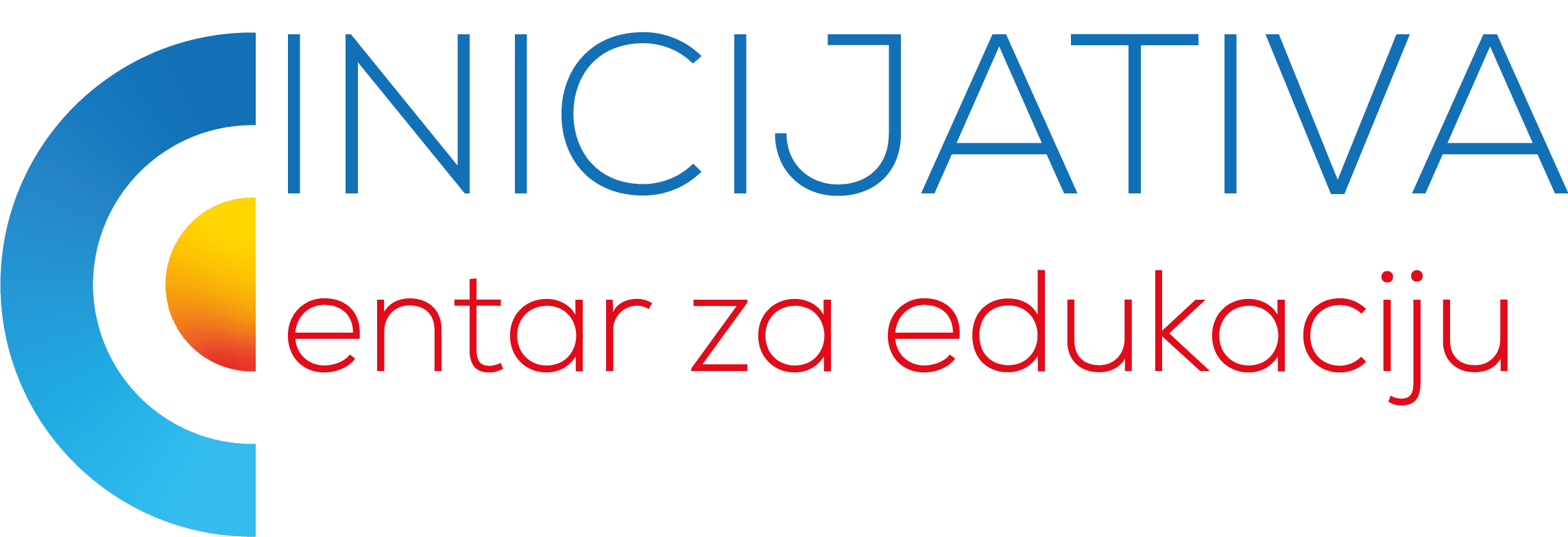



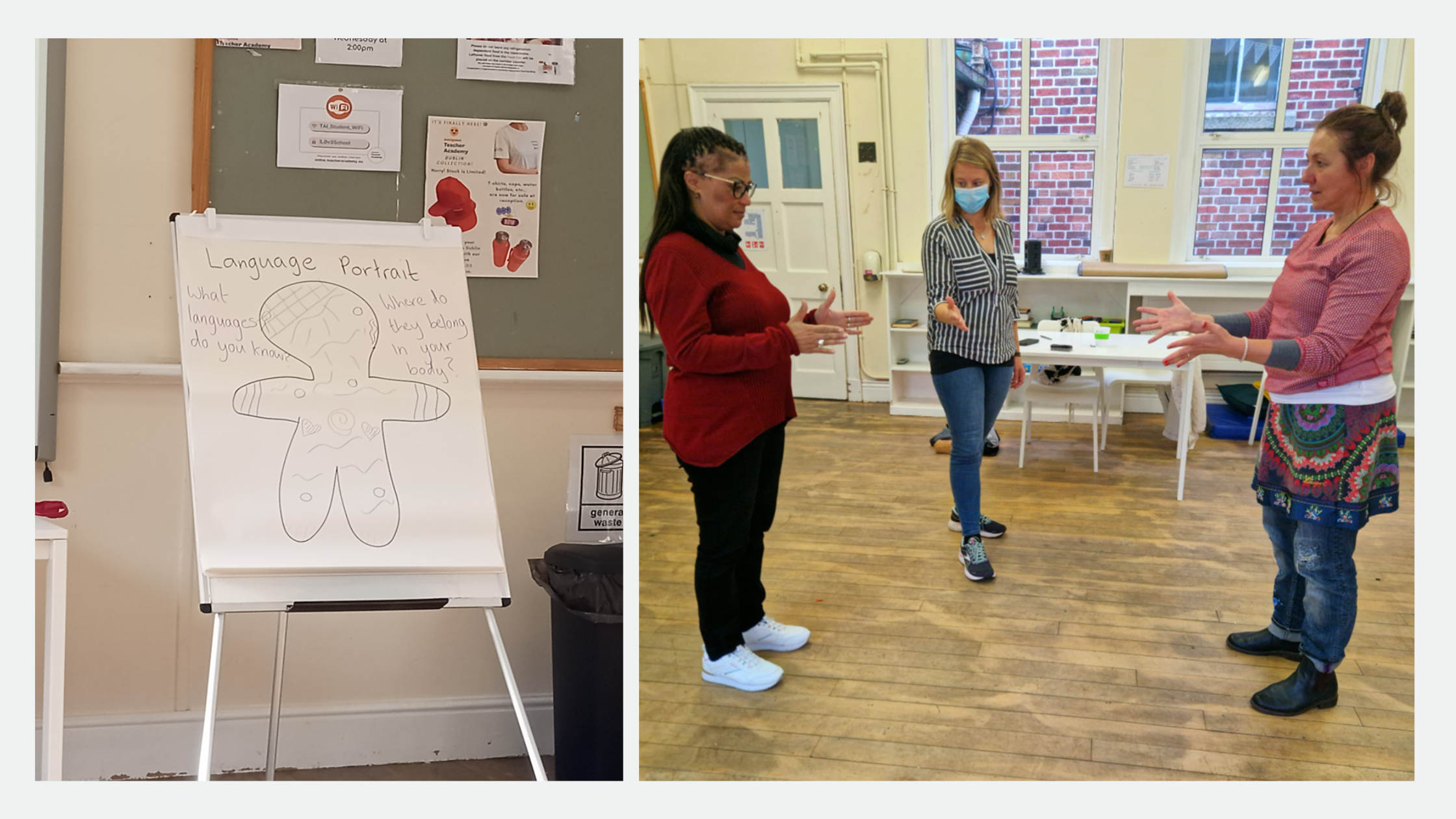
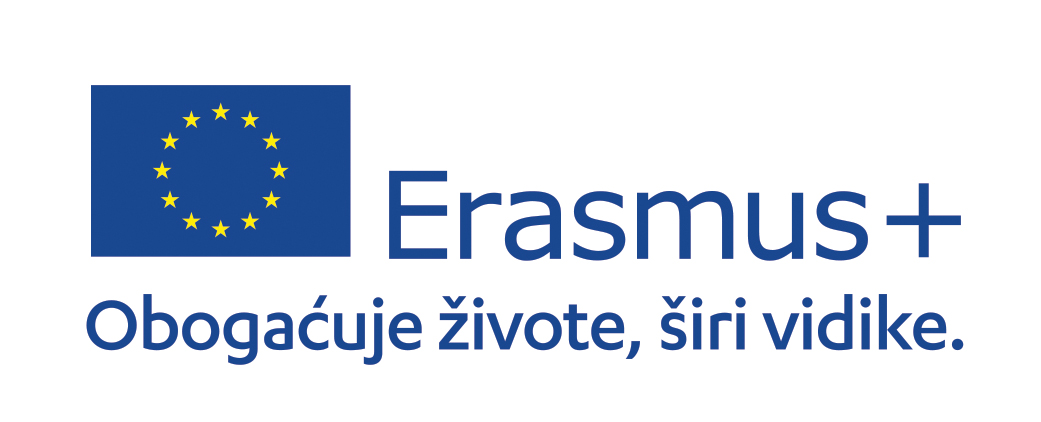
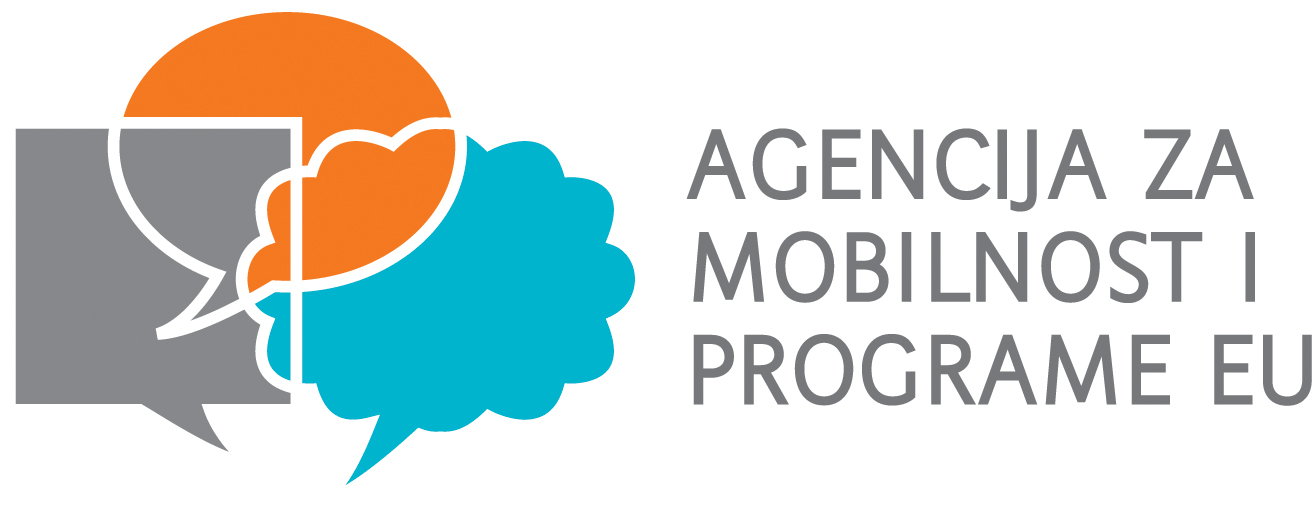

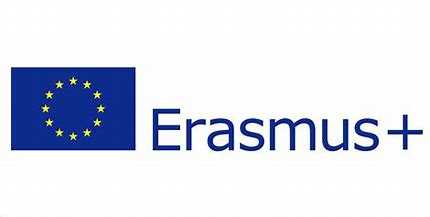
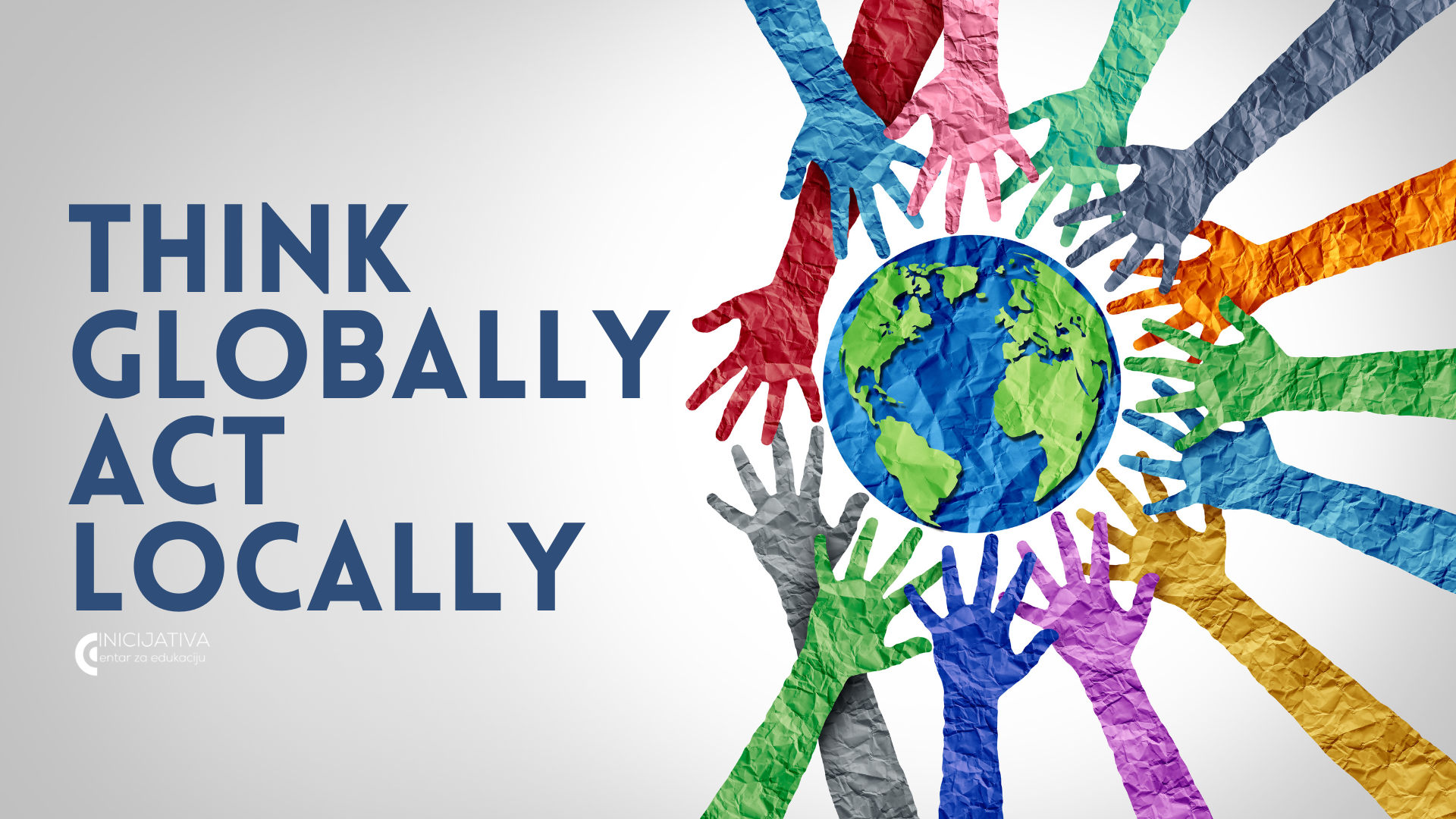


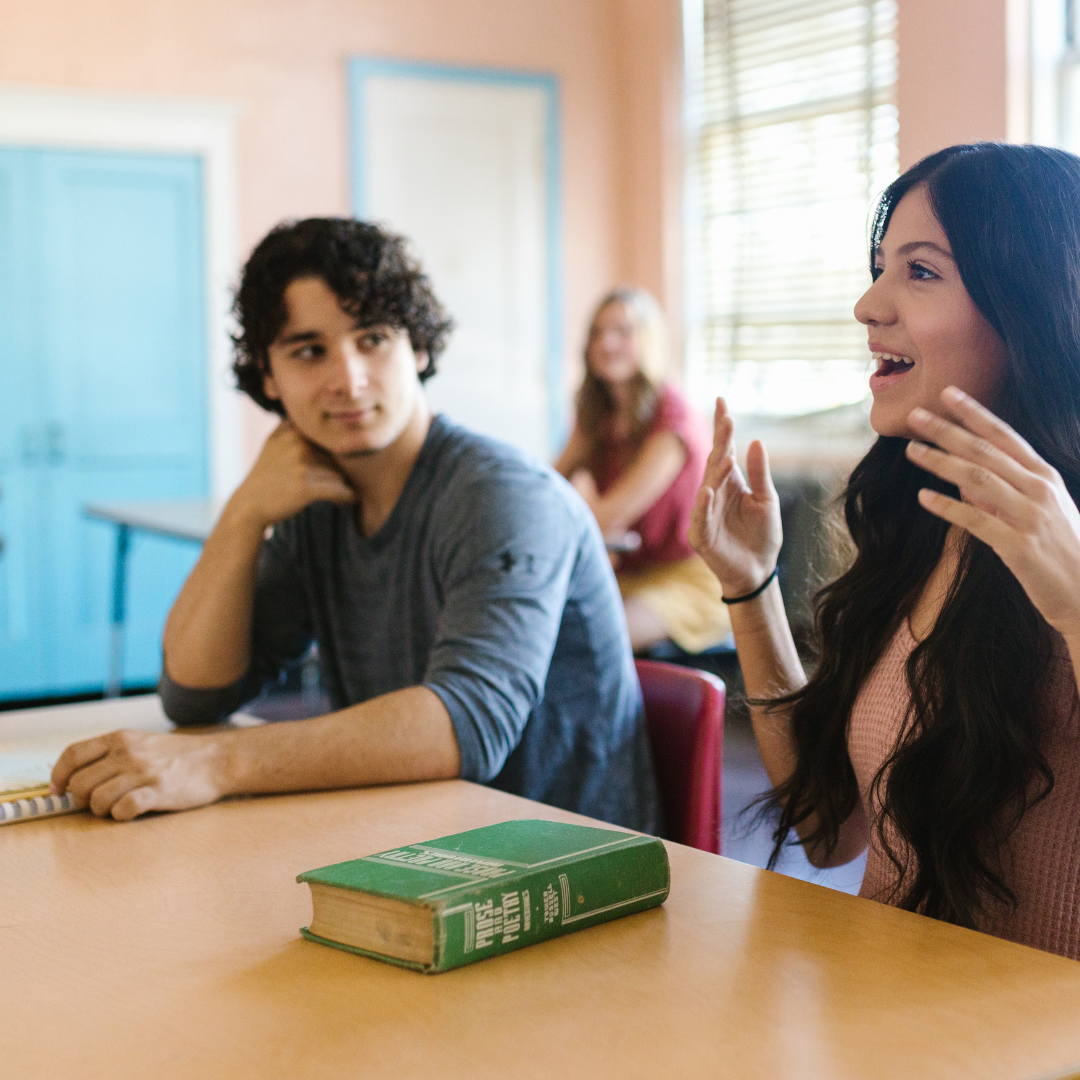





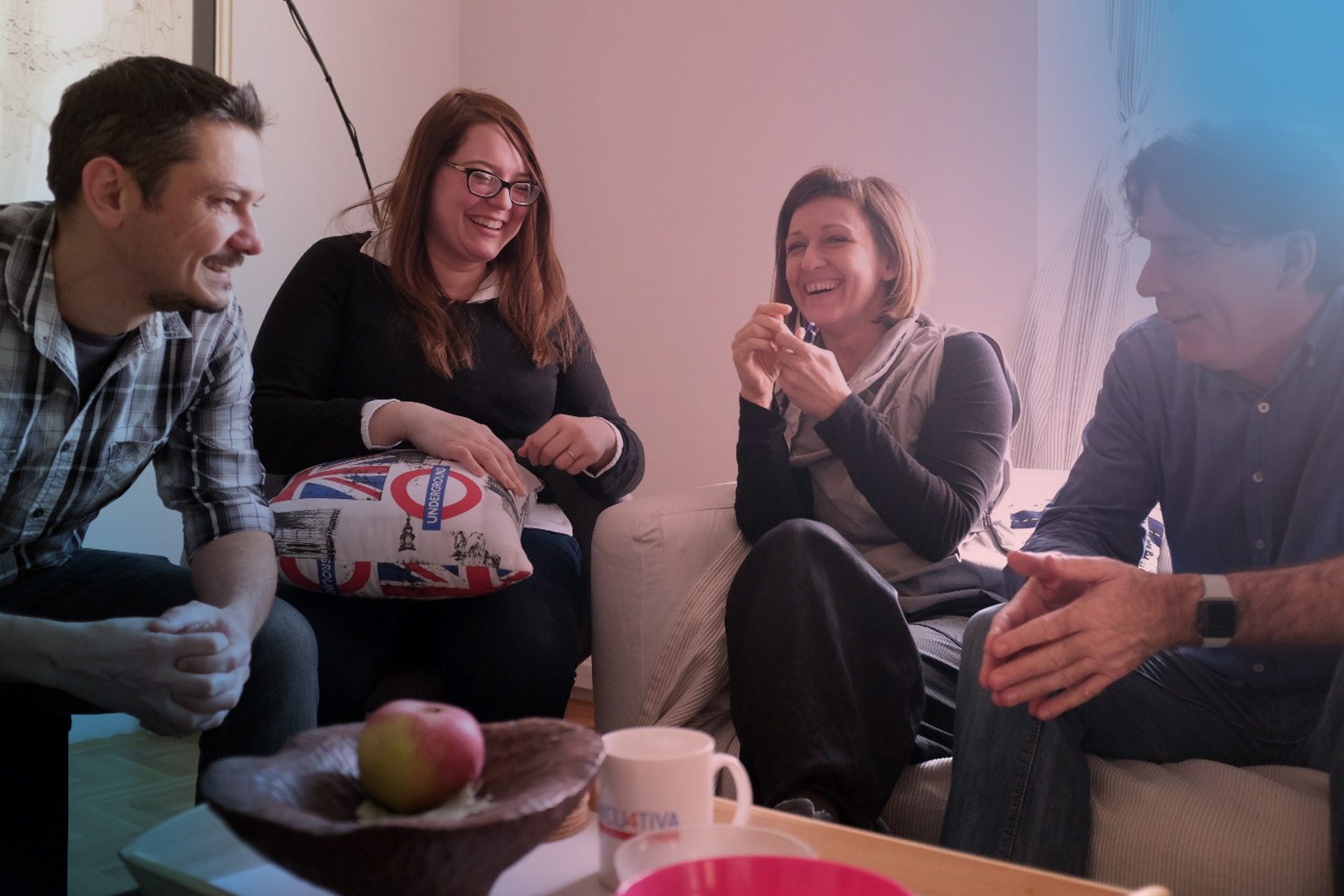
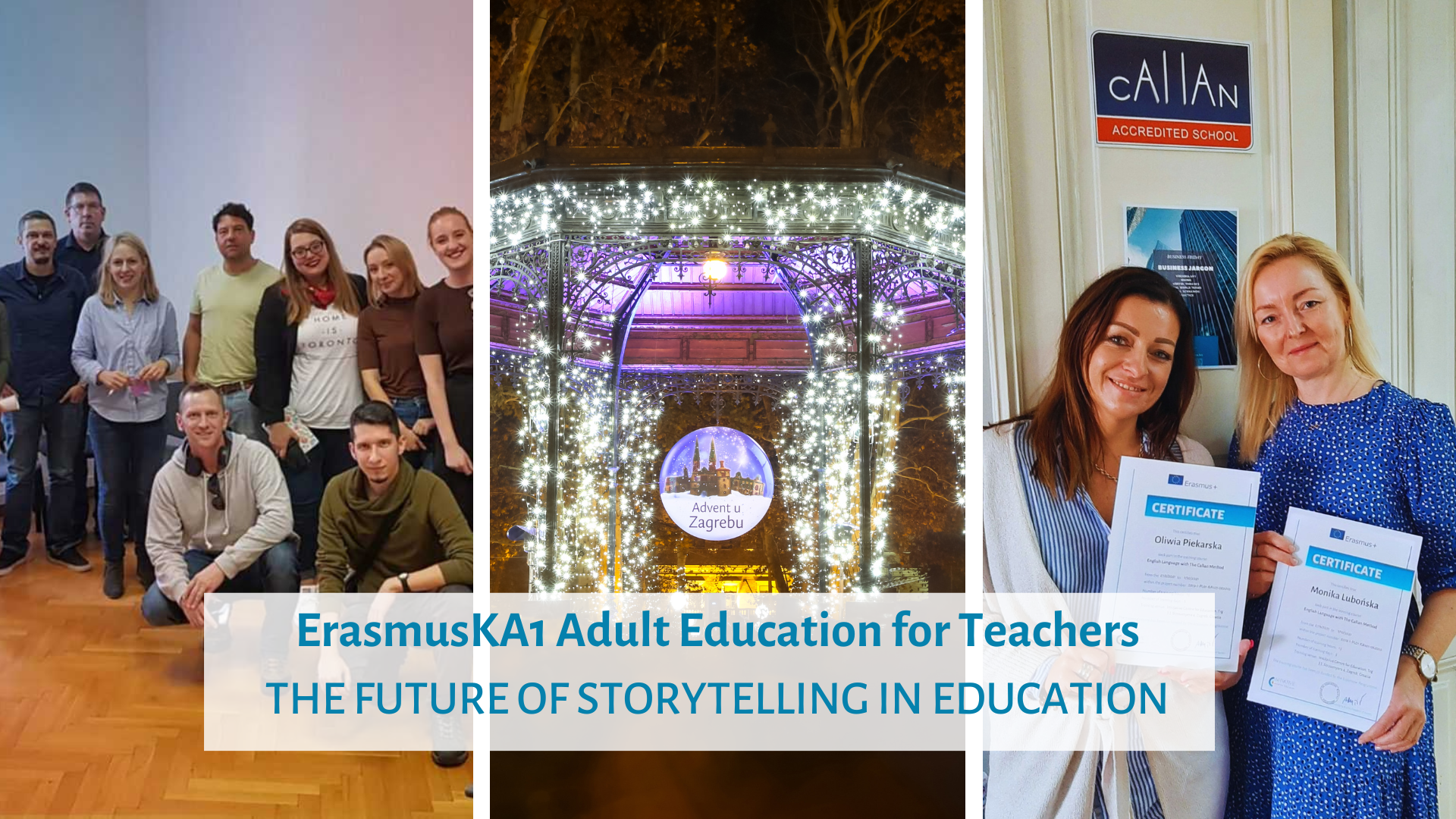
 Unleash the Magic of Storytelling!
Unleash the Magic of Storytelling!  Join Our Course for Teachers & Educators Today!
Join Our Course for Teachers & Educators Today! 

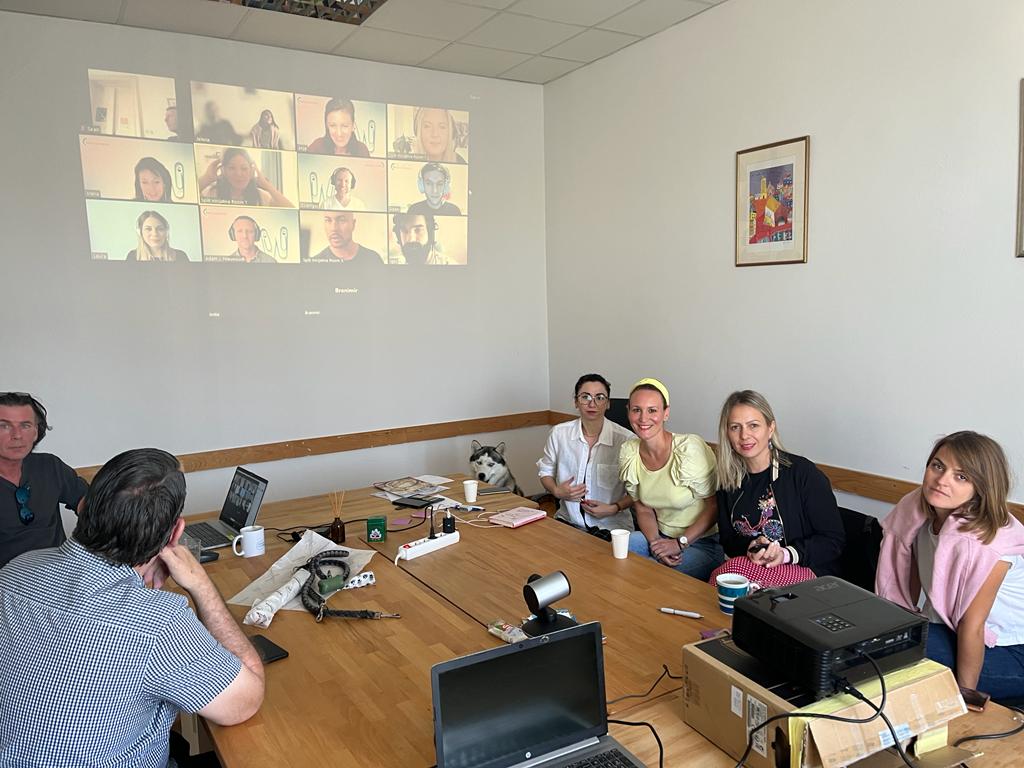
 Key Course Highlights
Key Course Highlights  Master the Art of Engaging Narratives
Master the Art of Engaging Narratives 